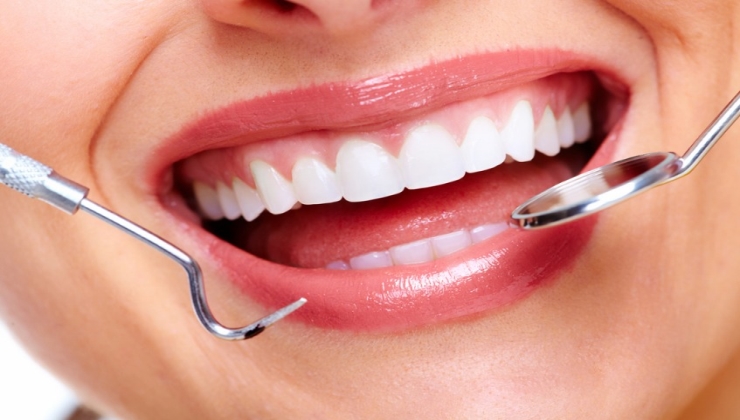Plaque may harden over time to form calculus, popularly known as tartar. Dental plaque is the most common and prime culprit in deteriorating your oral health. It co-exists with bacteria to secrete harmful acids and toxins resulting in oral problems like tooth decay and gum disease.
Early detection and treatment by El Centro dentist is crucial since it can greatly improve your oral health. Keep reading to learn everything about dental calculus.
An introduction to dental calculus
Calculus, also known as tartar, is the hardened form of plaque that forms on your teeth, above and below the gum line. Poor oral hygiene often results in plaque accumulation which left untreated can harden to form calculus. Unlike plaque, you cannot remove calculus through routine brushing and flossing. You may require professional teeth cleaning by a dentist or oral hygienist.
Calculus contains dead bacteria that have mineralized, mixed with a small portion of mineralized proteins from your saliva. Specifically, calculus consists of three main minerals, namely:
- Calcium phosphate
- Calcium carbonate
- Magnesium phosphate
Causes:
When plaque is left untreated it leads to the formation of calculus. So calculus is usually a result of poor oral hygiene. You are more likely to develop calculus if you:
- Fail to brush and floss as often as required
- Consume a lot of sugary foods and drinks
- Smoke or use other tobacco products
- Wear braces
- Suffer from xerostomia (dry mouth)
Symptoms:
If calculus develops in your teeth, you may notice the following signs and symptoms:
- Yello, brown, gray, or black stains on your teeth
- Halitosis (bad breath)
- Red, swollen, bleeding gums
- A hard crust-like coating on your teeth
- Diastema (gaps between teeth)
- Gum recession
- Increased tooth sensitivity
Diagnosing dental calculus
Dentists can diagnose calculus clinically through a regular oral examination using a dental probe. They may confirm the extent of calculus below the gum line with the help of dental X-rays. If you develop any gingival pockets, the depth can be evaluated using a specialized periodontal probe. This helps determine the amount of bone loss.
Treating dental calculus
Treatment for calculus depends on the amount and extent of calculus development. Your dentist may recommend any one of the following treatment options:
-
Dental cleanings
-
- This includes routine supragingival and subgingival cleanings by an oral hygienist
-
Gum disease treatment
-
- Common gum disease treatments include:
- Root planing
- Pocket reduction surgery
- Laser periodontal therapy
- Common gum disease treatments include:
If you notice calculus, seek dental care for further evaluation and treatment. Early detection and treatment for calculus can greatly improve your oral health and quality of life. Additionally, regular brushing and flossing can keep dental plaque and calculus at bay!

